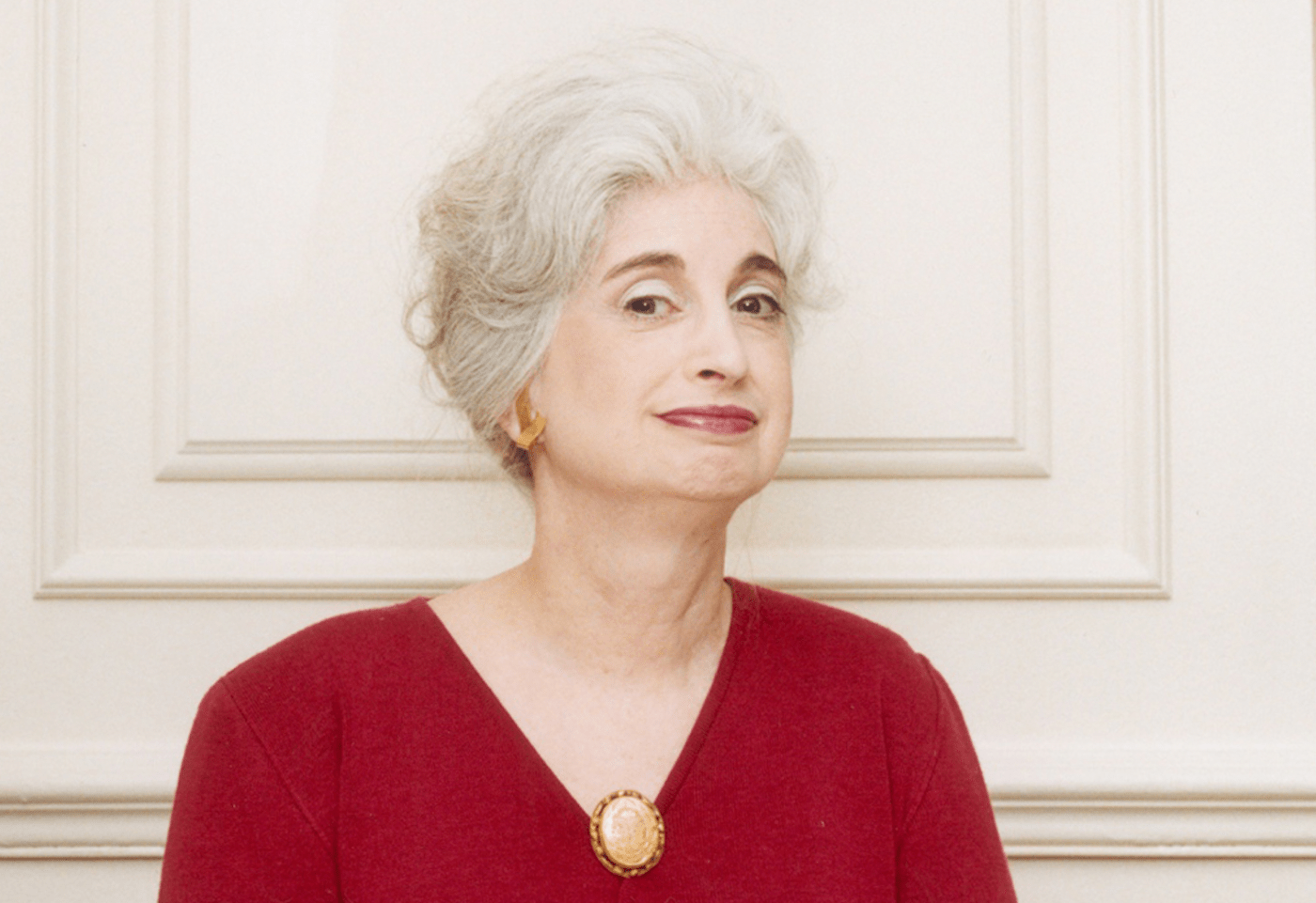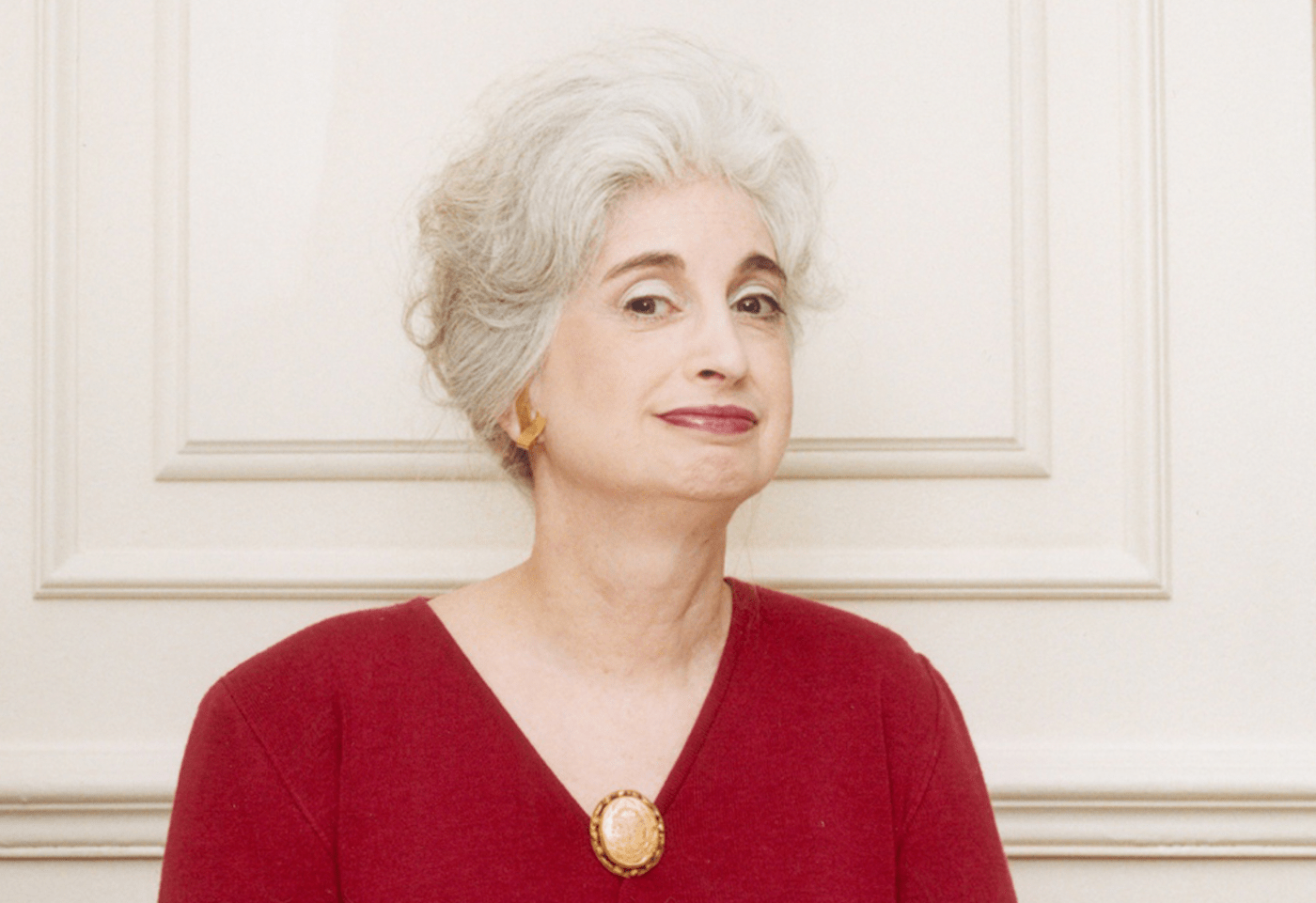UPDATE: A growing debate over online privacy and group photography is igniting conversations among social media users and etiquette enthusiasts. In a recent column, Miss Manners addressed the urgent issue faced by individuals who prefer not to have their images shared online, particularly during casual outings with friends.
DEVELOPING: Many people are voicing their discomfort with being photographed without consent, especially in public settings. The rising trend of sharing group photos on platforms like Facebook is causing friction among friends, as some individuals feel their privacy is being violated. Miss Manners emphasized the need for mutual respect when it comes to taking pictures in social situations.
IMMEDIATE IMPACT: This discussion resonates deeply in today’s digital age, where personal images can spread rapidly online. The dilemma faced by one reader, who chooses to step out of camera range during group photos, highlights a broader concern about consent and respect for individual boundaries. This reader expressed feelings of alienation when her friends reacted with confusion to her decision.
DETAILS: The advice from Miss Manners is clear: ignore the disapproving looks and request that friends remove any photos shared without permission. She argues that it is the friends who are being rude by not considering the feelings of others. Additionally, she humorously pointed out that in places like Dubai, it is mandatory to ask for permission before taking a photo, reflecting a cultural respect for privacy that many argue should be mirrored elsewhere.
In another letter, the etiquette expert addressed a reader who receives unsolicited alcoholic shots from her favorite bartender. Miss Manners suggested a simple conversation to clarify her preferences, reinforcing the idea that open communication is key to maintaining respectful relationships.
CONTEXT: This ongoing discussion around photography and consent is not only relevant but essential in our social interactions today. As the lines blur between public and private life, individuals are increasingly advocating for their rights to control their images and how they are shared.
NEXT STEPS: As awareness grows, individuals are encouraged to have open discussions with friends and family about their preferences regarding social media sharing. Miss Manners suggests that more people need to advocate for their own comfort levels in social situations, promoting a culture of consent that respects personal boundaries.
For those interested in exploring this topic further, Miss Manners invites readers to send their questions to her website or email. This evolving conversation about etiquette, privacy, and respect is sure to continue making headlines as more people engage with the complexities of social media in their everyday lives.
Stay tuned for ongoing updates as this critical issue unfolds and more voices join the conversation around digital privacy and etiquette.







